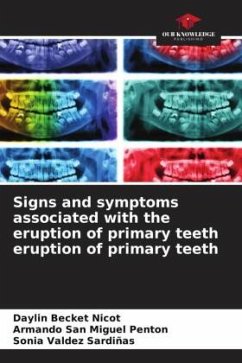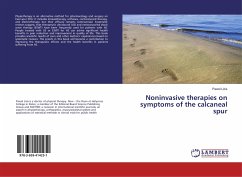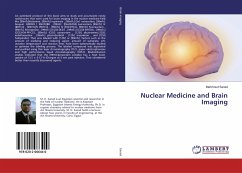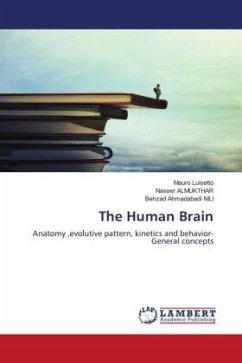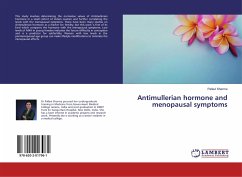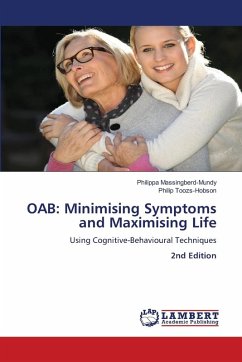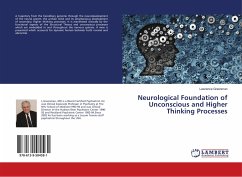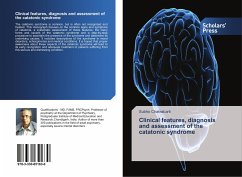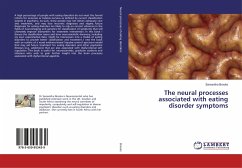
The neural processes associated with eating disorder symptoms
Versandkostenfrei!
Versandfertig in 6-10 Tagen
53,99 €
inkl. MwSt.

PAYBACK Punkte
27 °P sammeln!
A high percentage of people with eating disorders do not meet the formal criteria for anorexia or bulimia nervosa as defined by current classification systems in psychiatry. As such, these people may not obtain adequate care and treatment, and may face incorrect diagnoses and stigma. Future diagnoses for eating disorders are likely to rely on current advances in the fields of neuroimaging and genetics for classification of symptoms that will ultimately improve biomarkers for treatment intervention. In this book I discuss the classification issues and how neuroscientific discovery, including my...
A high percentage of people with eating disorders do not meet the formal criteria for anorexia or bulimia nervosa as defined by current classification systems in psychiatry. As such, these people may not obtain adequate care and treatment, and may face incorrect diagnoses and stigma. Future diagnoses for eating disorders are likely to rely on current advances in the fields of neuroimaging and genetics for classification of symptoms that will ultimately improve biomarkers for treatment intervention. In this book I discuss the classification issues and how neuroscientific discovery, including my own experimental data, might be interwoven into a model of eating disorders to provide better classification and treatment. I end the book with an outline of a novel evidence-based 'impulse control' spectrum model that may aid future treatment for eating disorders and other psychiatric illnesses (e.g. addictions) that are also associated with dysfunctional self-regulation. This book is useful for neuroscientists, graduate students and clinicians who wish to gain further insight into the brain processes associated with dysfunctional appetite.



